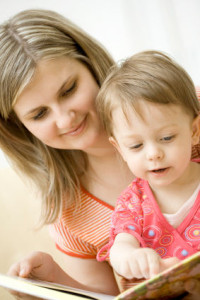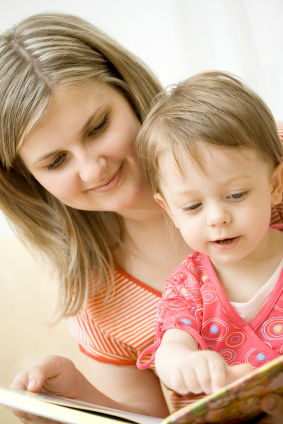Febrile seizures are types of seizures that develop during a fever. This is quite common among children between 6 months up to 5 years old. Even though many parents find this condition scary, it is not harmful and will not cause brain damage. Many children who end up with febrile seizures will not end up with a seizure disorder such as epilepsy.
Characteristics of febrile seizures
A febrile seizure can last for a few seconds up to 10 or 15 minutes. The indications that a child is experiencing a febrile seizure can be minor such as eyes rolling back in the head and stiffness of the arm or leg or even a full reaction involving body convulsions with loss of consciousness. Some children can be upset once the seizure stops and some will not.

When do seizures occur?
No one knows for sure why febrile seizures occur in some children and not others and there is no way to foreseen whether or not the child will have one. In most cases, they occur within the initial 24 hours of fever. A child usually experiences one if the temperature of the child is over 102 degrees F. Nevertheless, they do not occur when the temperature is at its highest.
What do for febrile seizures?
Once a child has a febrile seizure, do not attempt to restrain or hold the child during the episode. Enough though witnessing an episode can be scary, the best thing to do is to move anything away from the child that can harm him/her and wait for the seizure to stop and then seek medical care.
- Avoid putting anything in the mouth of the child or provide any medications of any kind during a seizure.
- Do not give the child a bath to cool him/her off.
- Once the seizure stops, consult a doctor.
It is best to call for emergency assistance or seek medical attention for the following:
- The febrile seizure does not stop after 10 minutes
- Child has difficulty breathing or turns bluish or gray in color
- Child becomes lethargic and no longer responds normally after a seizure
- Child appears dehydrated or has uncontrollable episodes of vomiting
What happens next?
Always bear in mind that there is no way to prevent febrile seizures from developing. It is recommended to manage fever using fever-reducing medications but based on studies, it was discovered that keeping the fever down using medications will not prevent the seizures.
Only a few children who experience a febrile seizure will end up with another episode. Most children outgrow them once they reach 5 years old. Further testing is no longer needed but if the doctor has concerns about the cause, certain tests might be needed.

